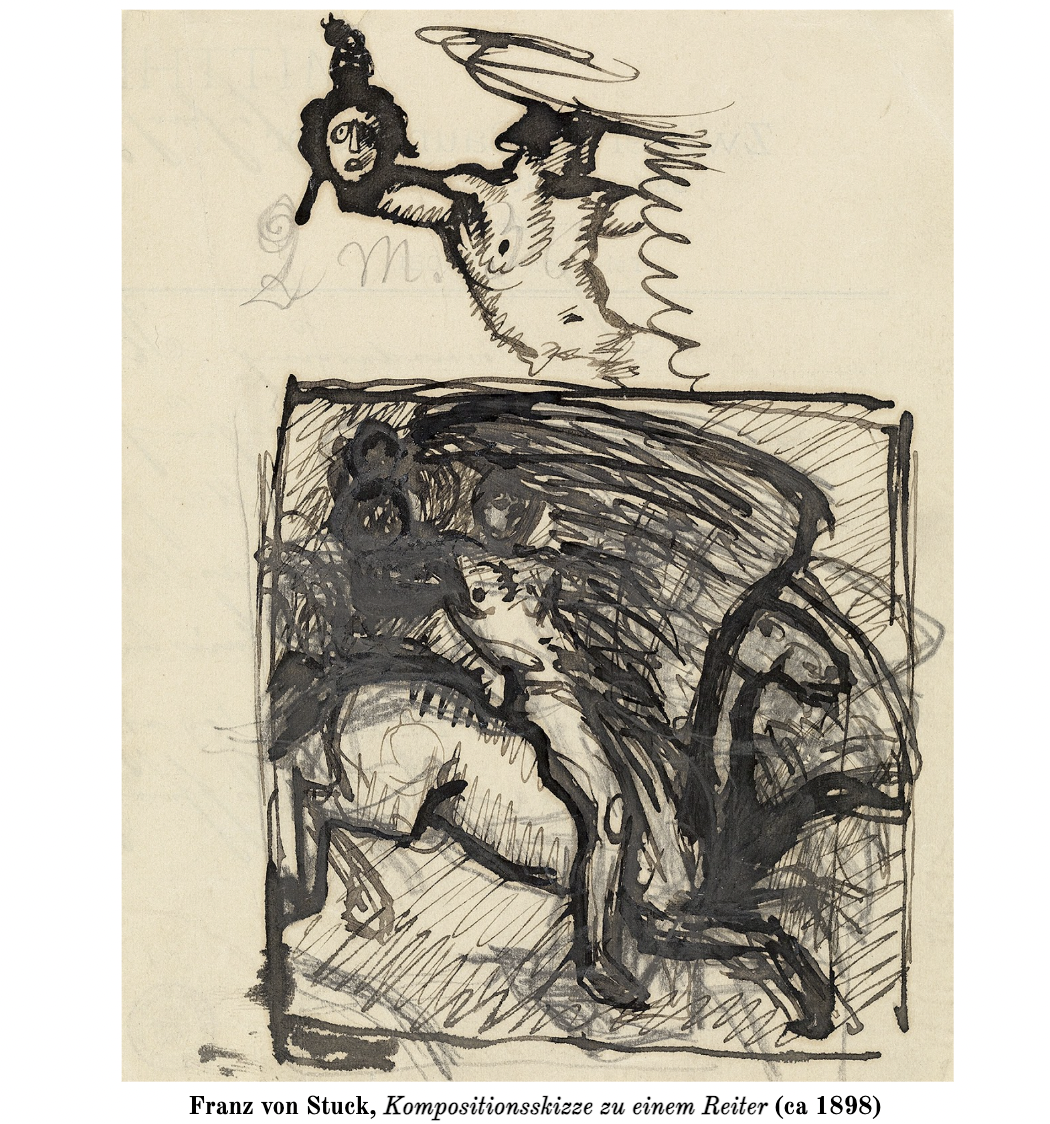CRITIQUE AND CRITIQUE
Evergreen on the literary criticism scene: Davenport, Steiner, Canetti, Leiris, and Gass.
Gass, for example, plays for the vastest stakes: the world entire in a sentence. His writing is lit from within by unremitting love for language. The study of affinities is inseparable from the writing which exhibited what it admired without pandering to the usual anxiety of influence. Take, for example, the sharpened little sentences Gass deployed to describe the French author, Colette: “Colette has the cat's gaze. Unhurried contemplation is her forte. Hunger cannot give us such precision.” Note the space he refuses between words. Note how Gass uses syntax to create resonant areas within a sentence. How closely is the nailed to the noun?
Dead on arrival: the sort of review that oozes contempt for language and poetry. “UGH. THE THING IS NOT THE THING” so much as the smugness of its loathing. What does the following paragraph illuminate?
Batter my heart, three-person’d Critic! Personal amusement (or obsession) is more than fine, but is it a book? Surely ‘literary criticism’ has already been substantially ‘defamiliarized’ in this day and age? How many writers have not already drawn our attention to poetry’s ‘participation in the contemporary information economy’? Does poetry even exist? Am I a camera?
This paragraph is merely a self-portrait, a paean to personal fear of flaccidity. One is struck by how little the self-portrait risks of the self. The author would have us believe that he is speaking about a book. Thus, he directs our attention to its brushstrokes, its focal points, its angles of light— and he hates the artist’s style, despises the artist’s subject, takes personal offense at the artist’s decision to exhibit something that he finds reprehensible. “The stupidity of the pious, whose judgment could never be compared with those of the God they adored with all their heart: This was the second thing that scared me,” wrote Orhan Pamuk.
